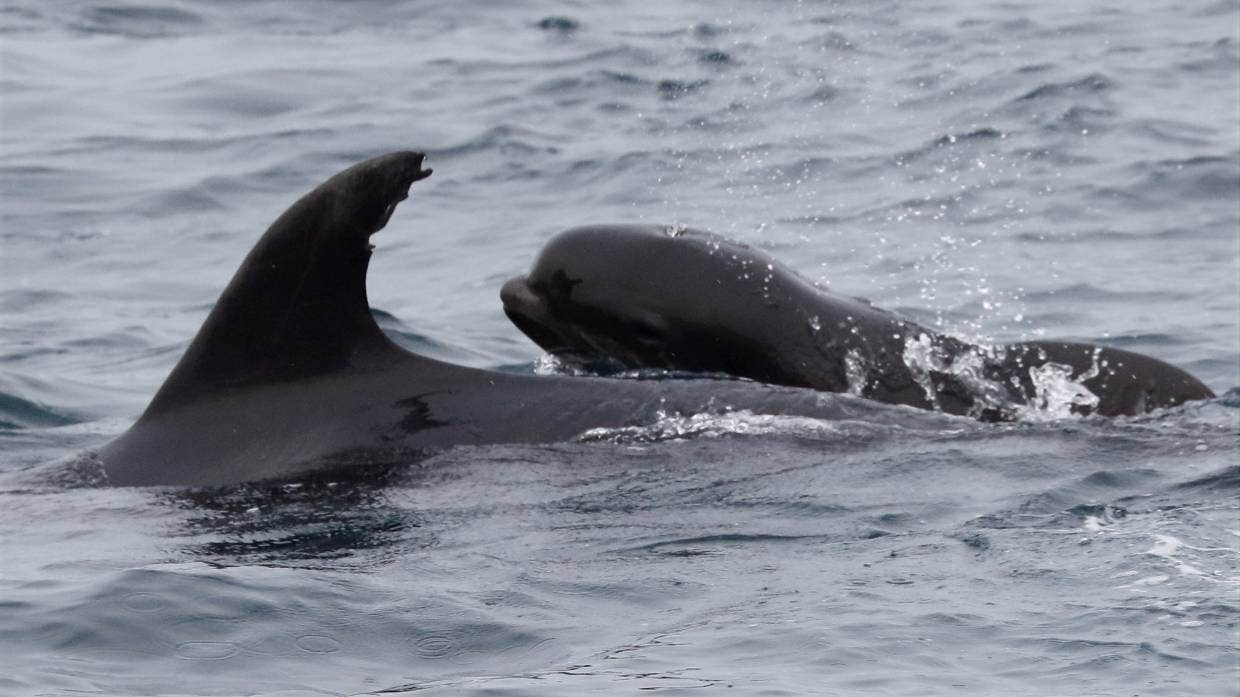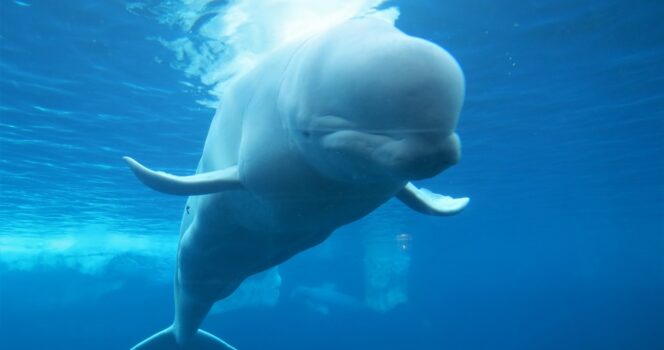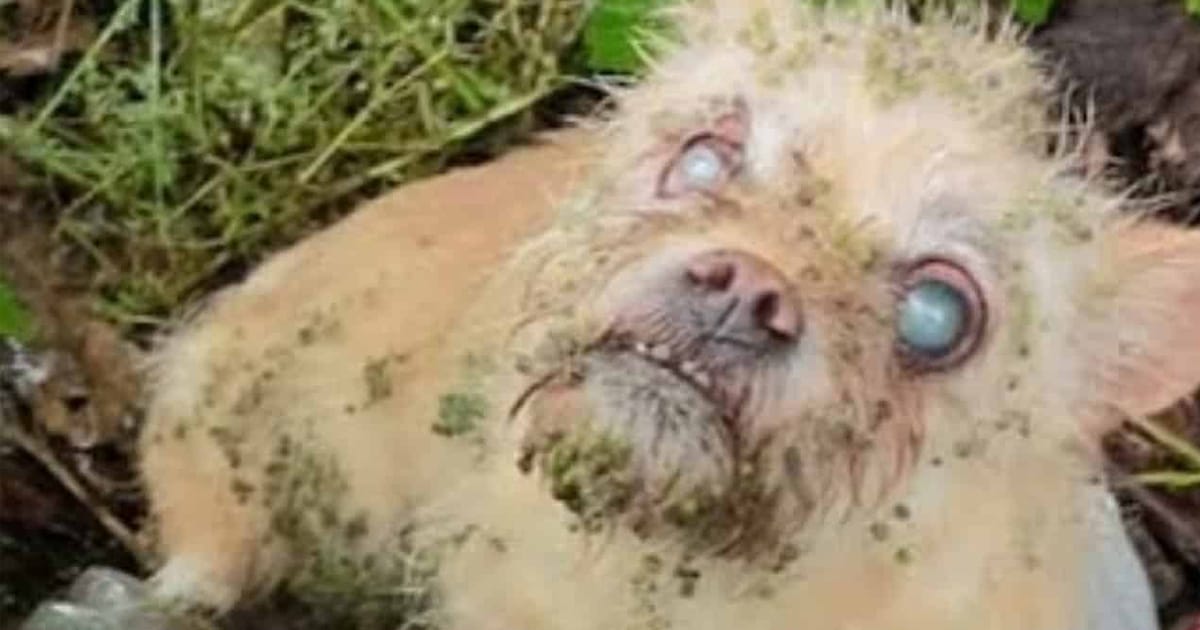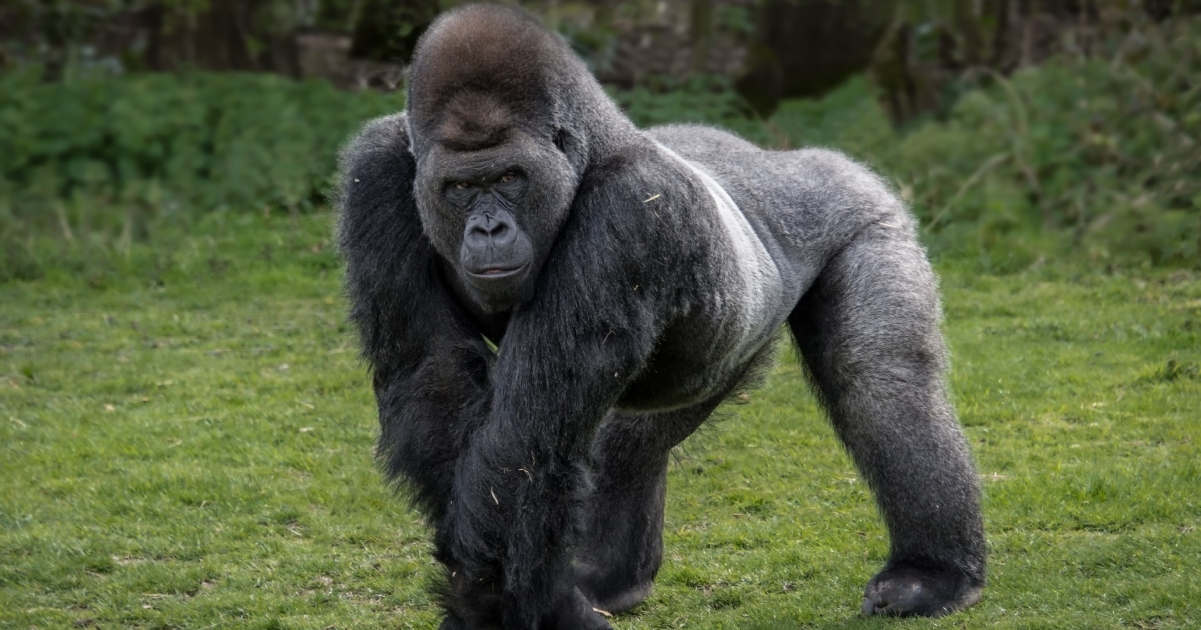
Maternal instinct is a powerful force in all species. Young animals rely on a mother figure for nurturing and growth, and sometimes, a compassionate mother from a different species steps in to care for a needy young one.
In extremely rare cases, animals of entirely different species will adopt a young one as their own. This extraordinary occurrence happened recently when researchers observed a dolphin looking after a baby whale.
The remarkable discovery was made by the Far Out Ocean Research Collective based in New Zealand. A few weeks ago, they came across a female bottlenose dolphin and a newborn pilot whale.
Suspecting that the dolphin might be caring for the whale calf as her own, further observation was required for confirmation.
Several weeks later, the researchers witnessed the same dolphin and whale together again, solidifying the fact that the dolphin had indeed adopted the young whale.
While not entirely unprecedented, such occurrences are rare and shrouded in mystery.
“Bottlenose dolphins have been known to take in orphaned calves of other species, but the underlying reason is not fully understood,” shared Far Out Ocean Research Collective on Facebook.
“It could be an unusual maternal instinct or perhaps the result of losing their own calf,” noted marine biologist Jochen Zaeschmar in an interview with 1 News.
Although heartwarming to witness this unlikely bond forming, it is unlikely to be a lasting relationship. The dolphin and whale will eventually drift apart both physically and metaphorically.
Due to their differing dietary preferences and routines, as well as the significant size difference between pilot whales and bottlenose dolphins, their companionship is not expected to endure.
“It’s uncommon to see cross-species adoptions, especially involving a species that grows larger,” mentioned Zaeschmar to Stuff.co.nz. “We are hopeful to spot them again, particularly after winter, when the calf has experienced significant growth.”
It is probable that the whale calf will eventually reunite with its own species. Zaeschmar believes that locating the biological mother is unlikely, but integration into a whale pod is a more realistic outcome.
“Pilot whales stay with their calves for seven years,” explained Zaeschmar to 1 News. “It’s probable that the calf will eventually join another group of pilot whales, given their occasional interactions with bottlenose dolphins.”
Indeed, a remarkable natural spectacle! The strength of maternal instinct transcends across marine life, showcasing the profound bonds that can form between different species.
Share this fascinating tale!



